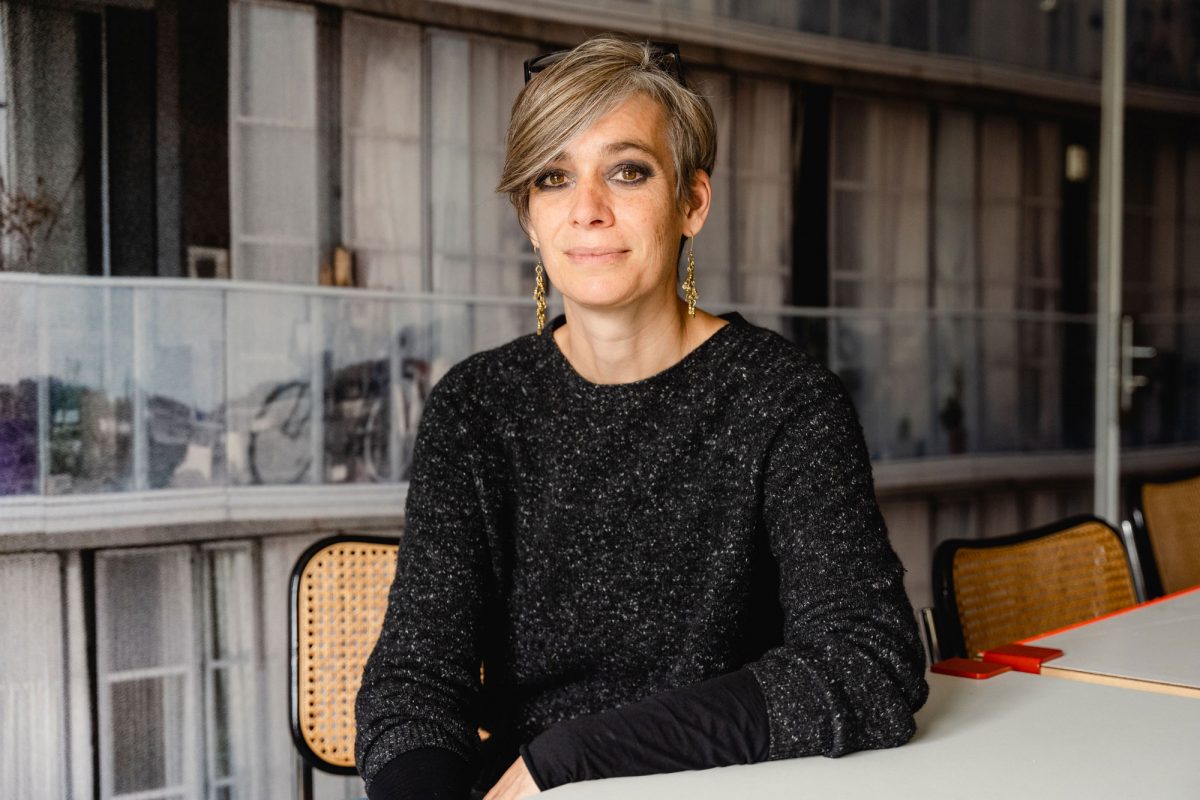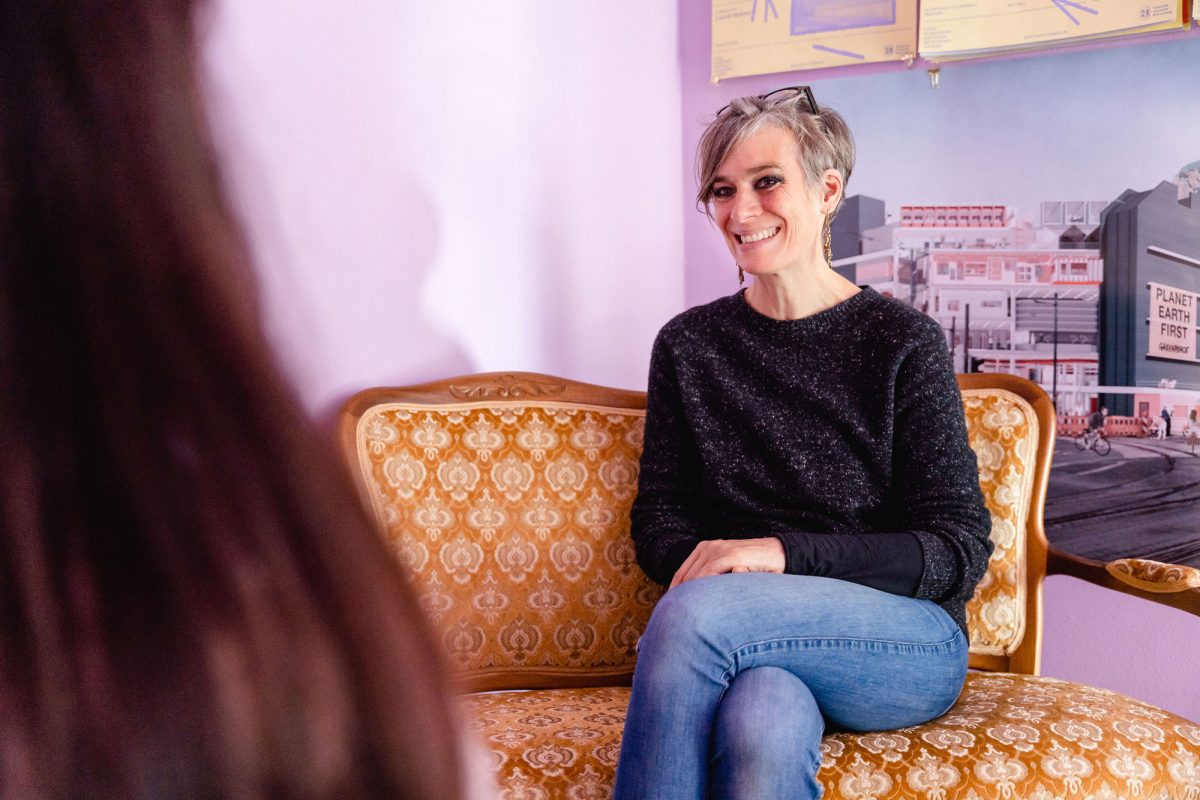“Internationality must become integral part of the way we work” Interview with Vice President Professor Tatjana Schneider
Professor Tatjana Schneider has been in office as TU Braunschweig’s Vice President for Internationalisation und Regional Relations since 1 August 2022. In this interview, the head of the Institute for the History and Theory of Architecture and the City (GTAS) talks about her own experiences abroad, what is particularly important in the internationalisation efforts of TU Braunschweig and what role the Re-Audit² process plays in this regard.

Prof. Tatjana Schneider is TU Braunschweig’s new Vice President for Internationalisation and Regional Relations. Photo: Simone Fürst/TU Braunschweig.
Professor Schneider, what was the deciding factor for you to take the office as Vice President for Internationalisation und Regional Relations ?
From my point of view, to link these two topics is extremely exciting. I am very keen to combine international affairs with regional aspects and to see what internationalisation efforts can achieve on our campus, in the city of Braunschweig and beyond. When the request was brought to my attention, I did not have to think twice and am now looking forward to making a significant contribution to TU Braunschweig’s future internationalisation process as Vice President.
What experiences have you had in your academic career with regard to internationality in the context of higher education?
I lived in the United Kingdom for a total of 18 years and got to know the higher education system there from the perspective of a student, researcher and instructor. Even then, in the late 1990s, the British higher education system was already much more international than in many other countries. We can still learn a lot from that today, and of course this experience comes into play in my current position.
What do you think is the current positioning of TU Braunschweig in the area of international affairs?
Of course, we are not starting from scratch; but there are also a lot of issues to be addressed. In recent years, important structures have been established—such as the International House as a central contact point for all international affairs. Foundations have also been laid in the area of international education, the International Student Support and the Summer School programme. All of this is a very good basis for numerous further measures. In the near future, synergies must be found between the many individual projects we currently have and other areas, such as teaching in English, must be considerably developed.
What do you hope to gain from these synergies?
By creating synergies and streamlining processes, we ensure that internationalisation has a firm place in the everyday procedures of our University. Ultimately, internationality must not be an add-on, but must become integral part of the way we work. Establishing this would be a great success.
Where do you currently see the greatest need for action?

Professor Tatjana Schneider in conversation with the International House. Photo: Simone Fürst/TU Braunschweig.
We have defined the most important guidelines and needs within the Re-Audit² process over the last few months. We want to become much more international than we already are. To this end, we want to increase the attractiveness of TU Braunschweig for international students by, for example, expanding our range of courses taught in English. The same applies to research—here, too, we want to attract more international scientists to Braunschweig. I am convinced that the diversity we will achieve on campus will benefit not only the members of our University, but also the city. At the same time, TU Braunschweig also wants to become more visible in international networks—so there is a lot to do.
How can the Re-Audit² process help with this development?
The process helps us to focus on the most important goals in the coming years and to speed up their achievement. TU Braunschweig is supported by external experts from the German Rectors’ Conference and other international experts—which is what makes this process so valuable from my point of view. We are the first university to undergo the “Internationalisation of Universities” audit for the third time—of course, this also ensures visibility in the German landscape of higher education and perhaps makes us a role model for others. But the audit process is also extremely important for us internally, because it combines efforts and helps us to develop the new processes I just mentioned.
What is particularly important for TU Braunschweig to achieve its internationalisation goals?
Each and every one of us is on the spot here. We must understand internationality as a fundamental attitude, live and breathe it—because it is essential for the future viability of TU Braunschweig.
Thank you very much for the interview!
